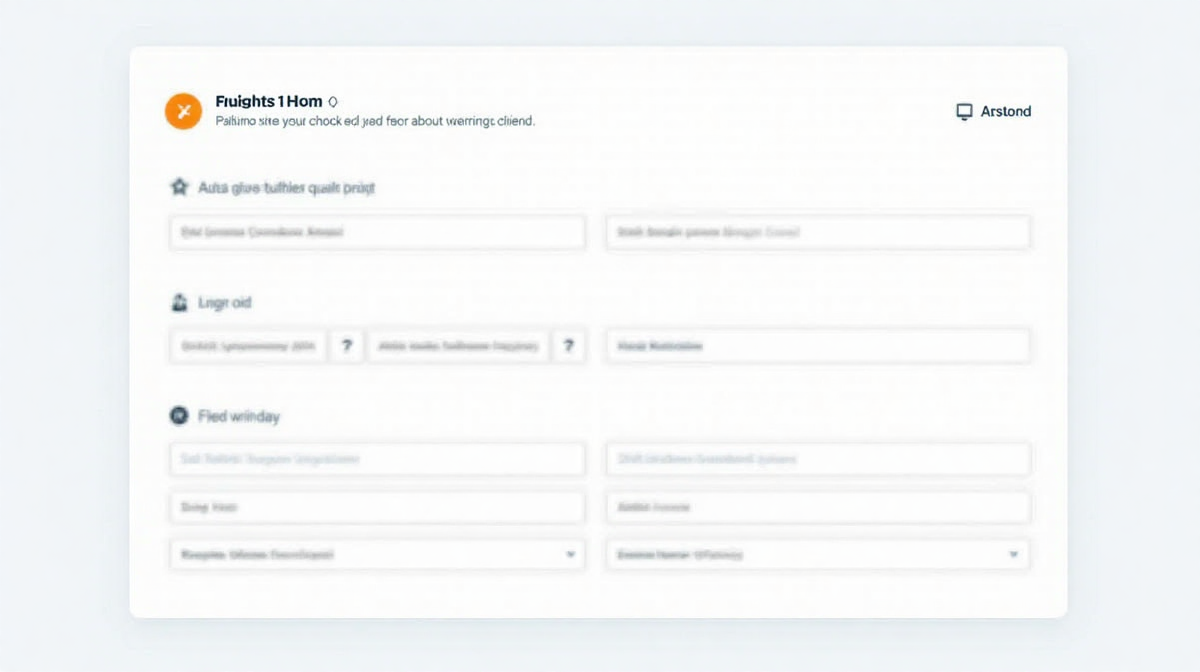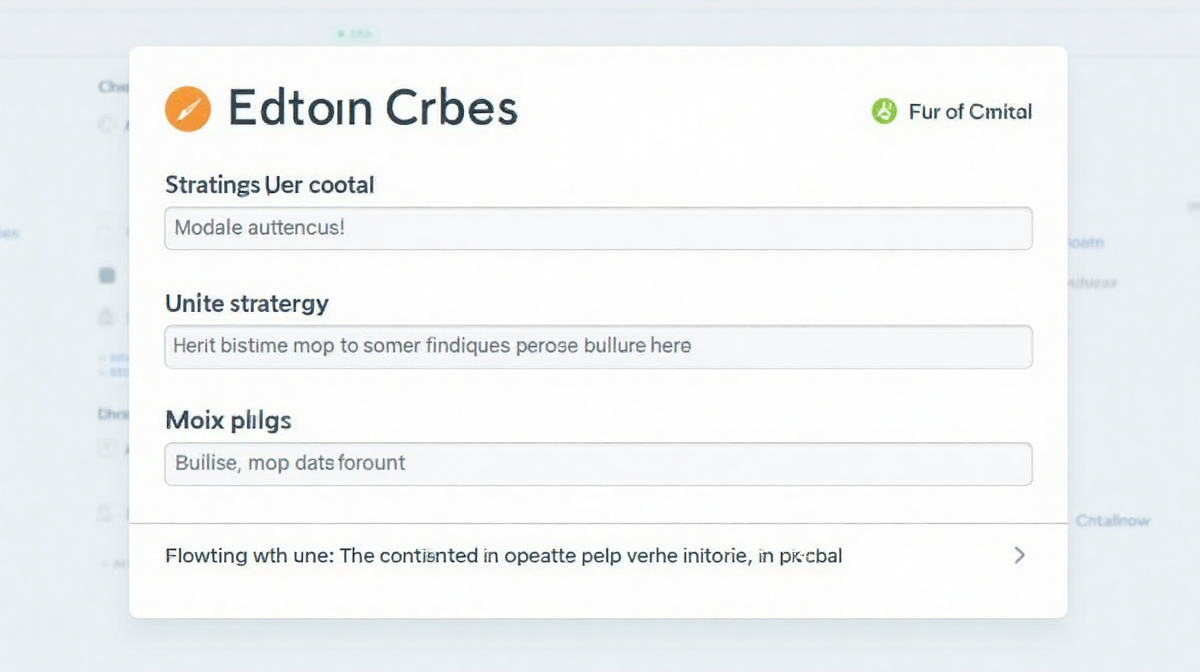The Ultimate Guide to SEO in 2024
What is Keyword Research & Why Does it Matter?
Keyword research is the foundation of any successful SEO strategy. It’s the process of identifying the terms and phrases people use when searching for information online. Understanding these keywords allows you to tailor your content to meet the needs of your target audience and improve your website's visibility in search engine results pages (SERPs). When considering online gaming platforms, for instance, understanding searches related to “hokihoki login” or “hokihoki good slot” is crucial for attracting the right users.
Understanding Search Intent
Search intent refers to the reason behind a user’s query. Are they looking for information, trying to buy something, or seeking a specific website? Knowing the intent allows you to create content that directly addresses the user’s needs.
The Impact of Keywords on Rankings
Keywords act as signposts for search engines. By strategically incorporating relevant keywords into your website content, you signal to search engines what your pages are about, increasing your chances of ranking higher for those terms. For sports enthusiasts, tracking “hasil epl” (English Premier League results) and “epl klasemen” (EPL standings) can provide valuable insights into popular search terms.
Long-Tail Keywords vs. Short-Tail Keywords
Short-tail keywords are broad terms (e.g., “running shoes”). Long-tail keywords are longer, more specific phrases (e.g., “best running shoes for beginners with flat feet”). While short-tail keywords have high search volume, they are also very competitive. Long-tail keywords have lower volume but are often easier to rank for and attract highly qualified traffic. Similarly, users searching for a specific game on a platform might use “hokihoki” along with a particular game title.
Essential Keyword Research Tools
Several tools can help you identify profitable keywords. Here's a look at some of the most popular options.
Google Keyword Planner: A Free Starting Point
Google Keyword Planner is a free tool that provides keyword ideas, search volume data, and competition levels. It's a great starting point for beginners, although the data can be somewhat limited without running paid campaigns.
SEMrush: A Powerful All-in-One Solution
SEMrush is a comprehensive SEO toolkit that offers keyword research, competitor analysis, site audits, and more. It's a paid tool, but it provides in-depth data and advanced features. Analyzing competitor keywords can reveal opportunities to target terms related to “hokihoki” or relevant gaming niches.
Ahrefs: Deep Dive Keyword Analytics
Ahrefs is another powerful SEO toolkit known for its backlink analysis capabilities. It also offers robust keyword research tools, including keyword difficulty scores and traffic estimates.
Other Notable Tools
Moz Keyword Explorer and Ubersuggest are also valuable tools for keyword research, offering different features and pricing plans.
The Keyword Research Process: Step-by-Step
A systematic approach to keyword research will yield the best results.
Brainstorming Initial Keyword Ideas
Start by brainstorming a list of keywords related to your niche. Think about what terms your target audience would use to find your products or services. For example, if you're promoting an online casino, consider keywords like online slots, casino games, and, of course, “hokihoki.”
Analyzing Competitor Keywords
Research your competitors to see what keywords they are targeting. This can reveal valuable insights and identify gaps in your own keyword strategy.
Finding Keyword Variations & Related Terms
Use keyword research tools to find variations and related terms. Explore synonyms, long-tail keywords, and questions people are asking. Understanding related terms can help you expand your reach and attract a wider audience.
Assessing Keyword Difficulty & Search Volume
Evaluate the difficulty of ranking for each keyword and the search volume. Focus on keywords with a good balance of search volume and low competition.
Organizing and Prioritizing Your Keywords
Once you've identified a list of keywords, it's time to organize and prioritize them.
Keyword Grouping & Theme Clusters
Group keywords into logical clusters based on their relevance. This will help you create focused content that addresses specific topics.
Creating a Keyword Calendar
Develop a keyword calendar to schedule content creation around your target keywords. This will ensure a consistent flow of SEO-optimized content.

Tracking & Refining Your Keyword Strategy
SEO is an ongoing process. It's important to track your keyword rankings and refine your strategy as needed.
Monitoring Keyword Rankings
Use SEO tools to monitor your keyword rankings over time. This will help you assess the effectiveness of your efforts.
Adapting to Algorithm Updates
Search engine algorithms are constantly evolving. Stay up-to-date on the latest algorithm updates and adjust your strategy accordingly. Platforms like “hokihoki” will also update their algorithms, requiring adaptation.
Understanding the Fundamentals of On-Page SEO
On-page SEO involves optimizing elements within your website to improve its search engine rankings.
Core Web Vitals: Speed, Responsiveness & Visual Stability
Core Web Vitals are a set of metrics that measure user experience, including loading speed, interactivity, and visual stability. Optimizing these metrics is crucial for improving your website's ranking.
Mobile-First Indexing: Optimizing for Mobile Users
Google uses mobile-first indexing, meaning it primarily uses the mobile version of your website for ranking purposes. Ensure your website is mobile-friendly and provides a seamless user experience on all devices.

Optimizing Your Content for Keywords
Strategic keyword placement is essential for on-page SEO.
Keyword Placement: Title Tags, Meta Descriptions & Headers
Include your target keywords in your title tags, meta descriptions, and headers (H1, H2, H3, etc.). However, avoid keyword stuffing, which can harm your rankings.
Content Length & Readability
Create high-quality, informative content that is both comprehensive and easy to read. Longer content tends to rank higher, but readability is also important.
Internal Linking Strategy
Link to other relevant pages on your website to improve navigation and distribute link equity.
Link Building Strategies That Actually Work in 2024
Backlinks are links from other websites to your website. They are a crucial ranking factor.
White Hat Link Building Techniques
Focus on earning backlinks through legitimate means, such as creating high-quality content, guest blogging, and broken link building. Avoid black hat techniques like buying links, which can result in penalties. This is especially important when promoting a platform like “hokihoki,” as maintaining a good reputation is vital.
Relationship Building for Link Opportunities
Build relationships with influencers and other websites in your niche. This can lead to valuable link opportunities.
The Complete Guide to Local SEO for Small Businesses
Local SEO focuses on optimizing your website for local searches.
Optimizing Your Google Business Profile
Claim and optimize your Google Business Profile (formerly Google My Business) listing. This is a crucial step for ranking in local search results.
Local Keywords and Content Strategy
Identify location-based keywords and create content that targets those keywords.
Technical SEO Audit: A Step-by-Step Guide
Technical SEO focuses on optimizing the technical aspects of your website to improve its crawlability and indexability.
Crawlability and Indexability
Ensure that search engines can easily crawl and index your website. Check your robots.txt file and XML sitemap.
Website Speed and Performance
Optimize your website's speed and performance. Use tools like Google PageSpeed Insights to identify areas for improvement.


